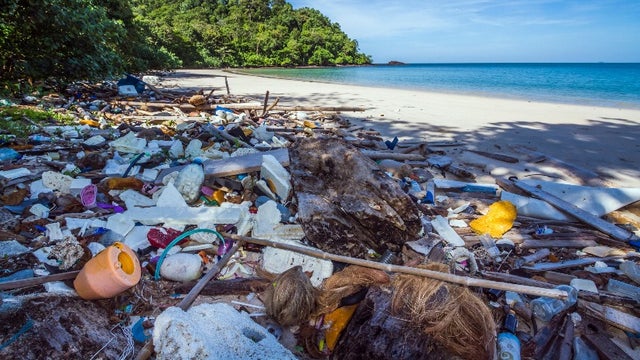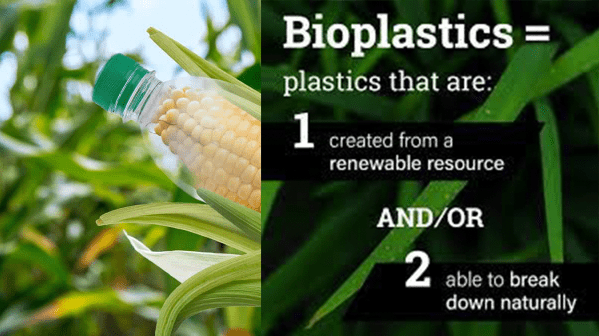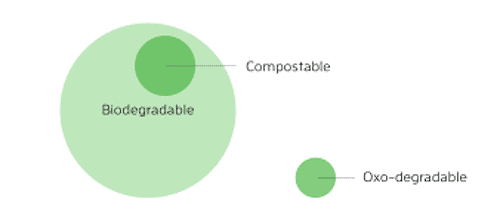Plastic in America will continue invading our landfills, floating in our oceans, and contaminating our bodies as long as we are stuck in the 20th-century linear economic mindset of “take-make-waste.” What the 21st-century needs is an intersectional approach to the plastics crisis. In March, the Break Free from Plastic Act of 2021 (BFFPA) was reintroduced to Congress, targeting the chemicals and plastics industries for their role in pollution and landfilling. The bill argues for increasing recycling rates, shifting financial responsibility for recycling and waste management systems to upstream producers, and bans an expanded list of petroleum-based, single-use plastic products. This is a good starting point, but these are linear solutions that still result in wasted resources and only incremental improvements to the economic models that are fueling the climate crisis. If we are to successfully address climate change, the BFFPA must push for circular economy principles that design out the concepts of waste and pollution entirely and advance regenerative natural systems instead.
The BFFPA proposes to improve recycling rates and impose waste management fees to reduce plastic pollution. These solutions have a number of inherent issues. Currently, a mere 9 percent of plastics are recycled each year. Improving this rate, even doubling or tripling it, won’t tackle an issue of the size we’re facing: over 35 million tons of plastic are produced each year in the U.S., and over 31 million tons are landfilled. The bill also suggests we bolster American recycling by shifting the cost of recycling and downstream waste management programs from taxpayers to polluters via packaging fees. (The American Chemistry Council (ACC) suggested pooling private and taxpayer funding instead.) However, if 91 percent of plastics are landfilled, changing the funding stream isn’t automatically going to ensure plastics actually end up in the recycling system.
Let’s be clear: plastic is toxic, and the chemicals that are used to produce petroleum-based plastics are toxic, too. Plastics break down into microplastics; washing fabrics or products with plastic sheds these microplastics into our landfills and oceans — we can’t recapture that in recycling systems. Recycling means recirculating inherently toxic materials, giving them another chance to infect our food webs and bodies with potentially poisonous results. Just as critics question carbon sequestration technology as a solution for emissions — when what we need to do is stop emitters from emitting — we must question the chemicals and plastics industries’ focus on recycling. Enforcing the belief that recycling is the only solution will drive plastics production and waste generation (thus increasing greenhouse gas emissions.) Plastic production from petroleum-based virgin resin production is a major contributor of C02, and improving downstream recycling doesn’t clean up carbon-intense upstream production. In addition to upstream emissions, recycling ignores local air and water pollution, directly impacting low-income communities of color, in whose backyards these toxic industries exist.
Continue Reading: Recycling is an outdated solution — it’s time for a circular economy | TheHill




Pura Vida Bioplastics = Real Certificates USDA BIO-BASED, TUV, BNQ, GREEN AMERICA Home Compostable – Breaks down 3-4 months without Chemicals
Get a Quote